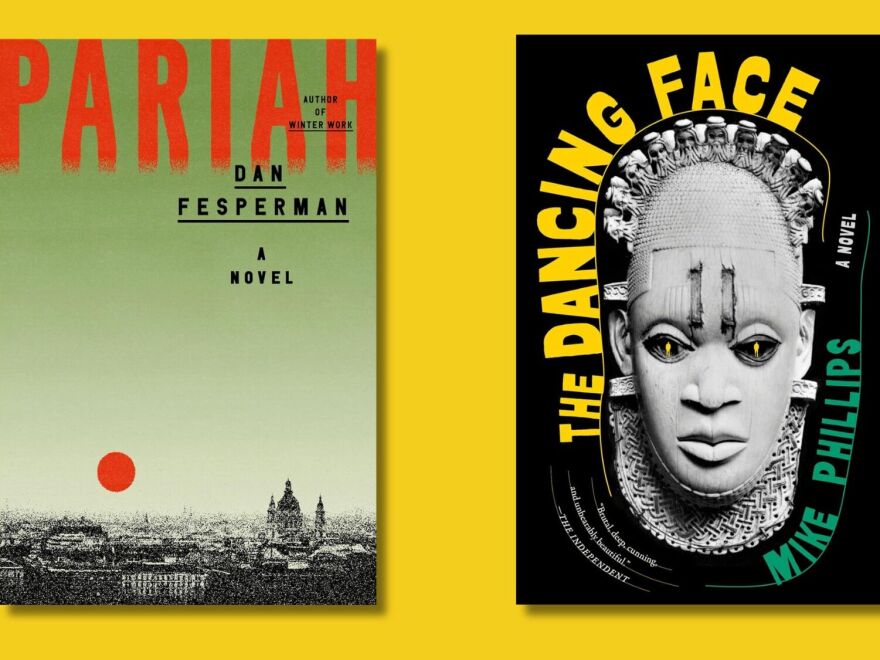In his now-viral opinion piece “When Novels Mattered,” published last month, New York Times columnist David Brooks lamented what he perceives to be the growing insignificance of literary fiction to American culture. The days of John Updike, Norman Mailer, and Toni Morrison dominating bestseller lists are long gone; today, genre literature and fantasy are the norm.
I won’t go into too much detail here, but I will note that Brooks might not be reading the correct material. Here are two genre novels that, although entertaining, also manage to be sardonic, clever, and cunning pieces of societal critique. They are neither mental Styrofoam nor comparable to, say, Portnoy’s Complaintor or The Color Purple.
Since Dan Fesperman’s 1999 release of Lie in the Dark, I have been reading his spy books. Fesperman, a former foreign correspondent, covered the siege of Sarajevo, which was the setting for that story.His most recent spy tale, Pariah, likewise references well-known real-life characters and circumstances.
The anti-hero of this story, Hal Knight, is a comic and film star who turned his bro humor into a career in politics. Knight was a Democratic Congressman from California for two months until he was forced to step down when a video of him using foul language to harass an actor on set went viral. As stated:
Hal is shown in the beginning of this story drinking filthy martinis, reading Philip Roth, and pouting alone on a Caribbean island. Hal is unaware that the CIA is observing.
Three agents soon come up to him. They persuade Hal to accept an invitation to entertain the president of Bolrovia, a country in Eastern Europe, with his comedic routine. Something nasty appears to be going on in Bolrovia. Hal might learn important information if he can keep his eyes and ears open while he’s yukking it up with the dictator.
The damaged hero in search of redemption, double spies, and the confusing layout of the old capital city of Bolrovia—where one wrong turn could bring Hal to the ultimate dead end—are just a few of the spy book clichés that Pariahembraces. A number of former Fox News “personalities” also make an appearance in a delectable climax scene that takes place in the Green Devil, an underground pub. The plot, which in this case has the quality of being convoluted yet clear, is the source of the most enjoyment, as is always the case with suspense.
British novelist Mike Phillips, who was born in Guyana, has a lengthy history of writing mystery fiction and also works as an art curator. The Dancing Face, a crime book that was first published in Britain in 1997 and is currently being released for the first time in the United States, makes use of such experience.
The idea is as follows: Augustus “Gus” Dixon, a professor at a Black institution, attends a committee meeting to discuss protesting a traveling “African art” display that features colonial artifacts. Gus becomes upset at his colleagues’ academic bluster and yells:
As a result, Gus orchestrates a plan to pilfer “The Dancing Face,” a gold mask from Benin that is stored in an exhibition area in London. Since Gus’s collaborators don’t share his noble intentions for taking the mask, the scheme naturally goes awry. The most prominent of these is the affluent Nigerian businessman who funded the robbery and plans to include the mask in his own collection of artwork.
The Dancing Face competes with other famous crime stories about missing McGuffins while addressing concerns of identity and reparations. Novels like Cotton Comes to Harlem and The Maltese Falcon come to mind. Similar to earlier books, The Dancing Face presents a wild, absurdist portrayal of damaged people trying to put a broken world right.
Copyright 2025 NPR






